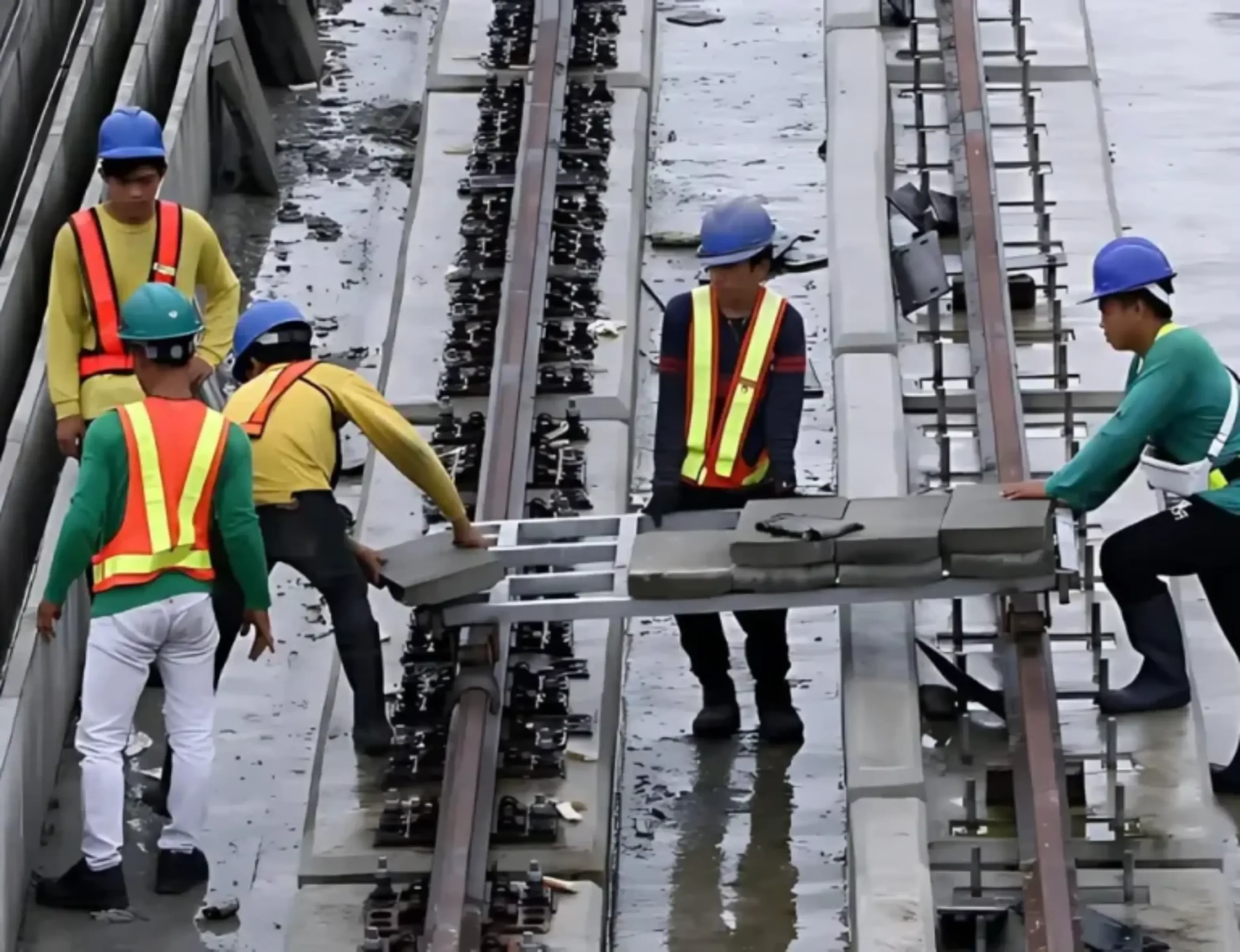
The results of the August 2025 Labor Force Survey (LFS) reflected a strong labor market performance, a result of the government’s efforts to facilitate quality job creation, according to the Department of Economy, Planning, and Development (DEPDev).
The Philippine Statistics Authority (PSA) reported today (October 8) that the underemployment rate fell to 10.7 percent, compared to 11.2 percent in August 2024, translating to 103,000 fewer underemployed persons in August 2025. The number of workers holding full-time, stable jobs also increased in August 2025, marked by growth in wage and salaried jobs in private establishments (+1.5 million), more full-time occupations (+766,000), and a reduction in vulnerable employment (-125,000).
The national unemployment rate improved to 3.9 percent in August 2025, down from 4.0 percent in the same period last year. An additional 942,000 jobs were created compared to August 2024, with total domestic employment recorded at 50.1 million.
However, these gains were partially offset by job contractions in the services sector (-302,000), particularly in wholesale & retail trade (-788,000). Job losses were also recorded in public administration & defense (-220,000) and education (-151,000).
DEPDev Secretary Arsenio M. Balisacan welcomed the overall developments in the labor market, noting that these gains are the result of the government’s commitment to expanding decent and productive employment opportunities.
“These positive labor market indicators reflect our collective effort to sustain economic growth while ensuring that more Filipinos benefit from it. We are working to generate not just jobs, but quality jobs that will raise incomes, reduce underemployment, and improve the overall well-being of our people,” Balisacan said.
The nation’s chief economist said that DEPDev aims to build on these positive labor market developments by advancing policies and strategies under the Trabaho Para sa Bayan (TPB) Plan 2025-2034, which seeks to steer the Philippine workforce toward higher-value segments and generate better-quality employment opportunities.
“Guided by the TPB Plan, we aim to support the transformation of the labor force toward higher-paying and more productive jobs by attracting investments, developing a competitive and skills-ready workforce, and strengthening labor market governance to effectively respond to evolving conditions,” Balisacan said.
Balisacan also emphasized the importance of protecting vulnerable workers amid global headwinds, domestic challenges, and the growing impacts of climate change by strengthening initiatives that promote labor market resilience.
“We aim to enhance resilience in sectors vulnerable to disruptions, such as retail trade and agriculture, by prioritizing improvements in logistics, infrastructure, digitalization, and workforce development, particularly among micro, small, and medium enterprises (MSMEs). The government is also ramping up investments in climate-resilient infrastructure and proactive measures, alongside timely emergency employment programs to support workers affected by disruptions” Balisacan explained.
To sustain gains from the continued decline in unemployment and underemployment, Balisacan reiterated the need to support programs such as the Government Internship Program, which equips the youth with essential skills for the workforce and fosters a culture of lifelong learning.
“Enhancing school-to-work transitions and strengthening youth employability will enable young Filipinos to acquire the skills needed to thrive in the workplace. The government continues to promote lifelong learning as a key strategy for creating quality jobs and sustaining inclusive growth. As industries evolve, we must ensure that our workers are equipped with the competencies required in new and emerging sectors—so that no Filipino is left behind in our country’s development journey,” Balisacan said. (DEPDev)











